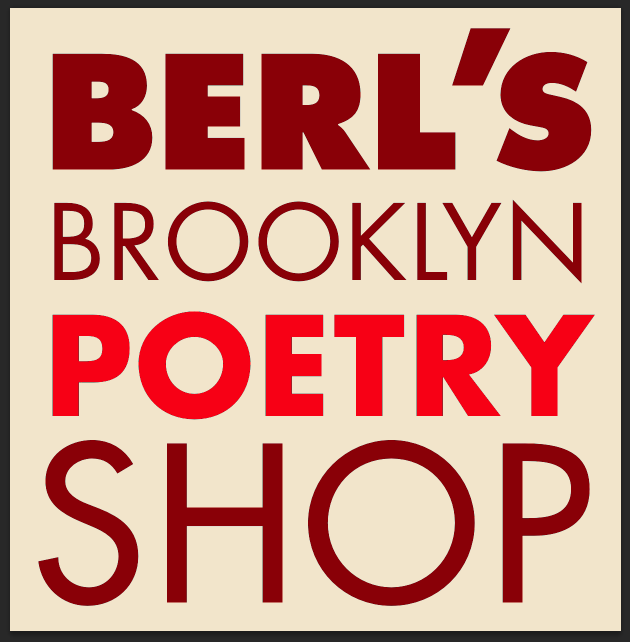Anne Lesley Selcer is the author of SUN CYCLE (Cleveland State University Poetry Center, 2019), BLANK SIGN BOOK (Wolfman Books, 2019) and A Book of Poems on Beauty, winner of the Gazing Grain Press Award. Her writing on art includes Banlieusard, a book- length text for Artspeak, as well as essays for museum and gallery catalogs and art magazines. Writing occasionally manifests as moving image or sound.
Juliana Huxtable was born in Bryan-College Station, Texas, in 1987. She attended Bard College, Annandale-on-Hudson, New York, where she studied art, gender studies, and human rights. In her work, Huxtable explores the intersections of race, gender, queerness, and identity. She uses a diverse set of means to engage these issues, including self-portraiture, text-based prints, performance, nightlife, music, writing, and social media. Huxtable does not privilege any method over another, and the lines between different forms of her work are often fluid. This destabilization of creative categories is in accordance with her larger project. Whether inserting her own image in landscapes inspired by the African American religious sect Nuwaubian Nation or including the iconic “Protest” section of the jazz album We Insist! Max Roach’s Freedom Now Suite (1960) in a DJ set, Huxtable critiques existing social norms and categorical distinctions while indicating alternate, more hopeful possibilities. In much of her visual work, Huxtable references her own body and history as she examines socio-political issues. The series Seven Archetypes (2012–13) ruminates on the artist’s experience of gender transitioning as well as the cultural forces that inform normative conceptions of gender and sexuality. In Untitled (For Stewart) (2012), a work that incorporates one of Huxtable’s mesmerizing, extended texts, the artist describes the sexism of video games, the desire to identify with an avatar, and the alienation and anger that informed her personal experience of “boyhood.” History (Period Piece) (2013), another work in the series, handles the complex juncture of gender, queerness, and race. A digitally altered photograph depicts the artist as she sits in front of a tapestry portraying merchant ships from many of the nations involved in colonization and the slave trade. At once, the work references both how these histories still inform conceptions of gender and race and how Huxtable herself has been forced to navigate this reality. These interactions among the physical body, the public self, and the cultural forces that shape and repress an individual are handled more viscerally in the artist’s nude self-portraits. Huxtable’s overtly feminized and sexualized posture in pieces like Nuwaubian Princess (2013) and Untitled In the Rage (Nibiru Cataclysm) (2015) turn the viewer’s attention to her body in a way that disrupts any effort to remain disinterested. In doing so, Huxtable not only celebrates her own body but also draws critical attention to the gaze and interrogates preconceived notions of race, gender, and queer sexuality. Huxtable’s work has been featured in group presentations at MoMA PS1, New York (2014); White Columns Annual, White Columns, New York (2014); “Take Ecstasy with Me,” Whitney Museum of American Art, New York (2014); Frieze Projects, London (2014); and 2015 Triennial: Surround Audience, New Museum of Contemporary Art, New York (2015); among other venues. She lives and works in New York.
